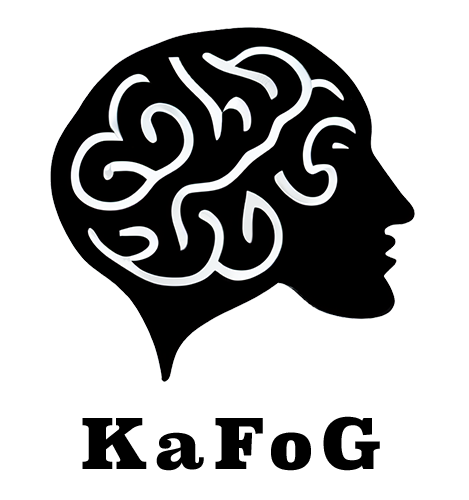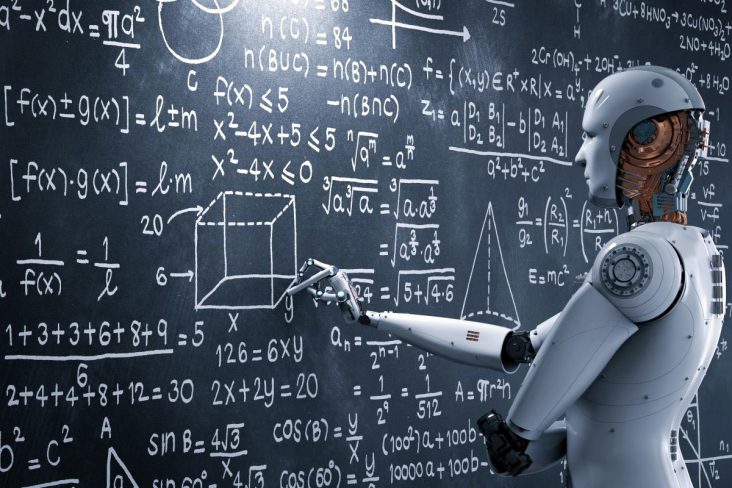Researchers from OpenAI, Open Research, and the University of Pennsylvania have conducted a study on the consequences of ChatGPT on employment.
The question of whether machines will replace us is not new. It has been raised since the industrial revolution by philosophers like David Ricardo and Karl Marx. With the emergence of tools using artificial intelligence that have accumulated over the past few months, the question is gradually returning to the forefront. Researchers from OpenAI, Open Research, and the University of Pennsylvania have looked into the issue and produced a study on the possible impacts of generative AI on jobs. Let’s take stock!
80% of Jobs Will Be Impacted by ChatGPT
For their study, researchers studied over 1,000 professions in the United States. Each job was then divided into several tasks.
The study shows that 80% of jobs will see at least 10% of their tasks transformed by artificial intelligence. For 19% of jobs, the number of impacted tasks rises to 50%. The analysis was carried out based on the latest model launched by OpenAI: GPT-4. Upon its launch, the company emphasized the leap forward that this latest artificial intelligence model represented, particularly in comparison to human abilities.
For example, it passed the exam to become a lawyer with a score as good as the top 10%. GPT 3.5, the previous iteration, ranked in the lowest 10th percentile in terms of performance.
Click Next Botton to Discover Which Jobs Are Most Exposed to Artificial Intelligence?
Related: 11 Ways AI is Revolutionizing Businesses: Stay Ahead of the Game
Which Jobs Are Most Exposed to Artificial Intelligence?
One of the clear findings of the study is the nature of jobs threatened by generative AI. Thus, high-paying jobs are at risk of being considerably disrupted. These include jobs for which the use of computer software is central. More specifically, jobs requiring programming and writing skills could undergo significant changes. In contrast, researchers explain that jobs related to science should be little impacted by artificial intelligence.
” We discover that functions that depend heavily on science and critical thinking present a negative correlation with exposure to large language models (LLMs) while programming and writing skills will be impacted by LLMs. “
The study thus draws up a non-exhaustive list of jobs that are most likely to evolve:
- Public relations specialist
- Pollster
- Legal secretary
- Poet, lyricist or creative author
- Mathematician
- Interpreter, translator
- Engineer
- Data manager
- Writer
- Proofreader
- Web and digital interface designer
- Accountant
- Administrative assistant
- Journalist
On the other hand, jobs relying on manual labor should have a very limited impact. The study names some jobs that should not be modified in the short term, which seems logical: stonemason, machine operator, athlete, plumber, tiler, mechanic, cook, etc.
Results to be Qualified
It is necessary to take a step back from this study. First of all, let us remember that OpenAI is participating in this research, and that the company has every interest in highlighting the strong potential of its innovation. Moreover, it is difficult to make predictions on such themes, and many data cannot be taken into account, such as technological progress or changes in legislation and professions.
The researchers themselves call for caution, particularly regarding the complexity of professions, which is difficult to grasp:
” It is difficult to know to what extent professions can be entirely decomposed into tasks, and if this approach systematically omits certain categories of skills or tasks that are tacitly required for the competent execution of a job. Furthermore, assignments can consist of smaller tasks that may vary in their level of automation. “
Finally, artificial intelligences still have many drawbacks to correct, and human intervention is often necessary to ensure…

